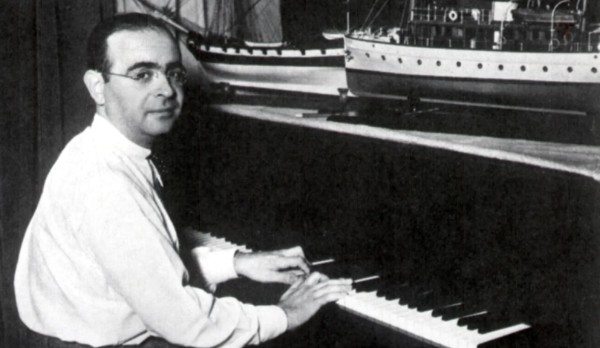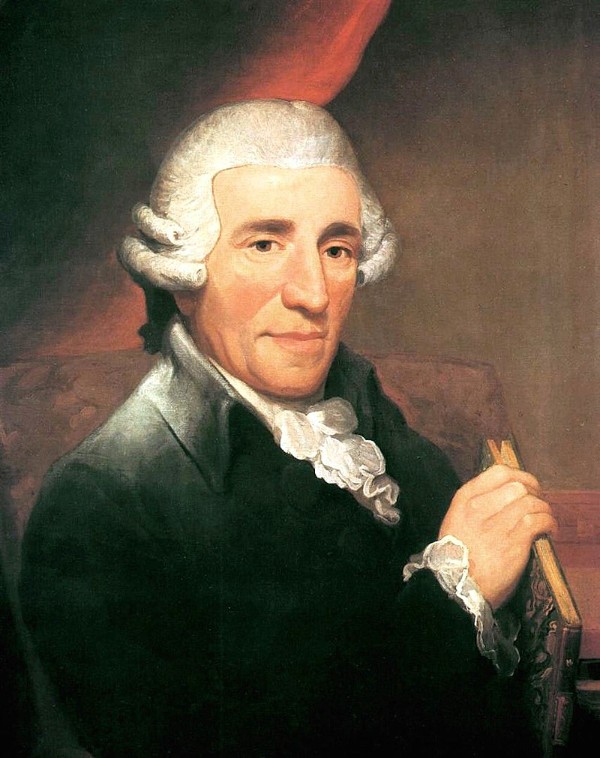Just how musically talented was Carl Maria von Weber? Well, at the age of 17, he was offered and accepted the post of Director at the Breslau Opera in 1804. Weber had spent some time in Vienna, studying hard with Abe Vogler and forging connections with Haydn and Hummel. However, he composed very little.
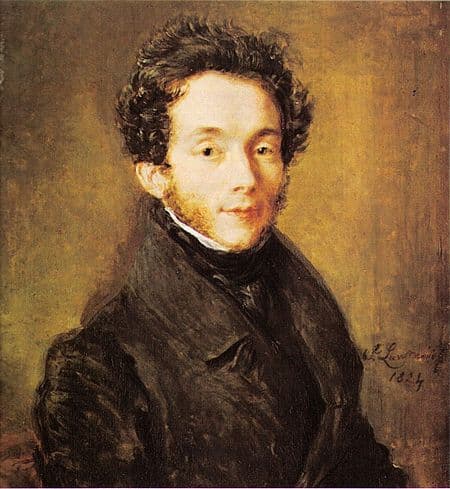
Thomas Lawrence: Carl Maria von Weber, 1814
As he writes, “It was no small thing for a creative soul to sit in such productive surroundings for nine months and not write a note; but it was my firm intention to listen, learn and collect for a long while before I wrote anything again.” Weber did compose one thing for sure, and that was a little song titled “Goodbye,” possibly saying farewell to a Viennese love interest.
Carl Maria von Weber: Wiedersehen, Op. 30, No. 1 (Martyn Hill, tenor; Christopher Hogwood, fortepiano)
Breslau Opera
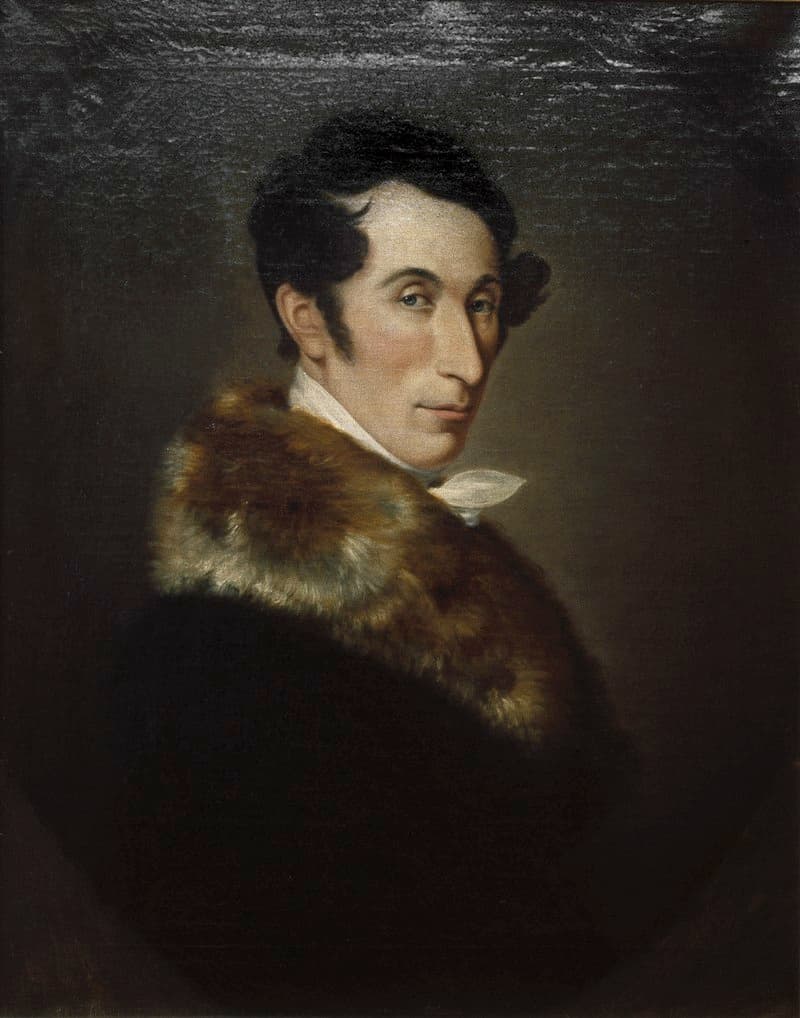
Portrait of Carl Maria von Weber, 1825
Troubles had been brewing behind the scenes before Weber actually arrived in Breslau. The leader of the orchestra, a certain Joseph Schnabel, had taken over performances at the opera and had been very keen on getting the post. As soon as he found out that a 17-year-old boy had been appointed, Schnabel resigned and took control of several important music societies, including “Cathedral Music” and the highly influential “Friends of the Muses.” Schnabel, in fact, did not deal well with the fact of having been passed over, and he took his grievances to the press.
However, Weber also made friends with the young organist Friedrich Berner and the pianist Josef Klingohr upon arrival. Biographers suggest that he also continued his Viennese way of life by having a long series of love affairs. In addition, when it came to the opera, Weber was completely hands on, learning all he could about productions, costumery, stage machinery, and of course reforming the orchestra.
Carl Maria von Weber: Rübezahl, “Overture” (arr. piano 4-hands) [Beherrscher der Geister] (Alexander Paley, piano)
Reforms
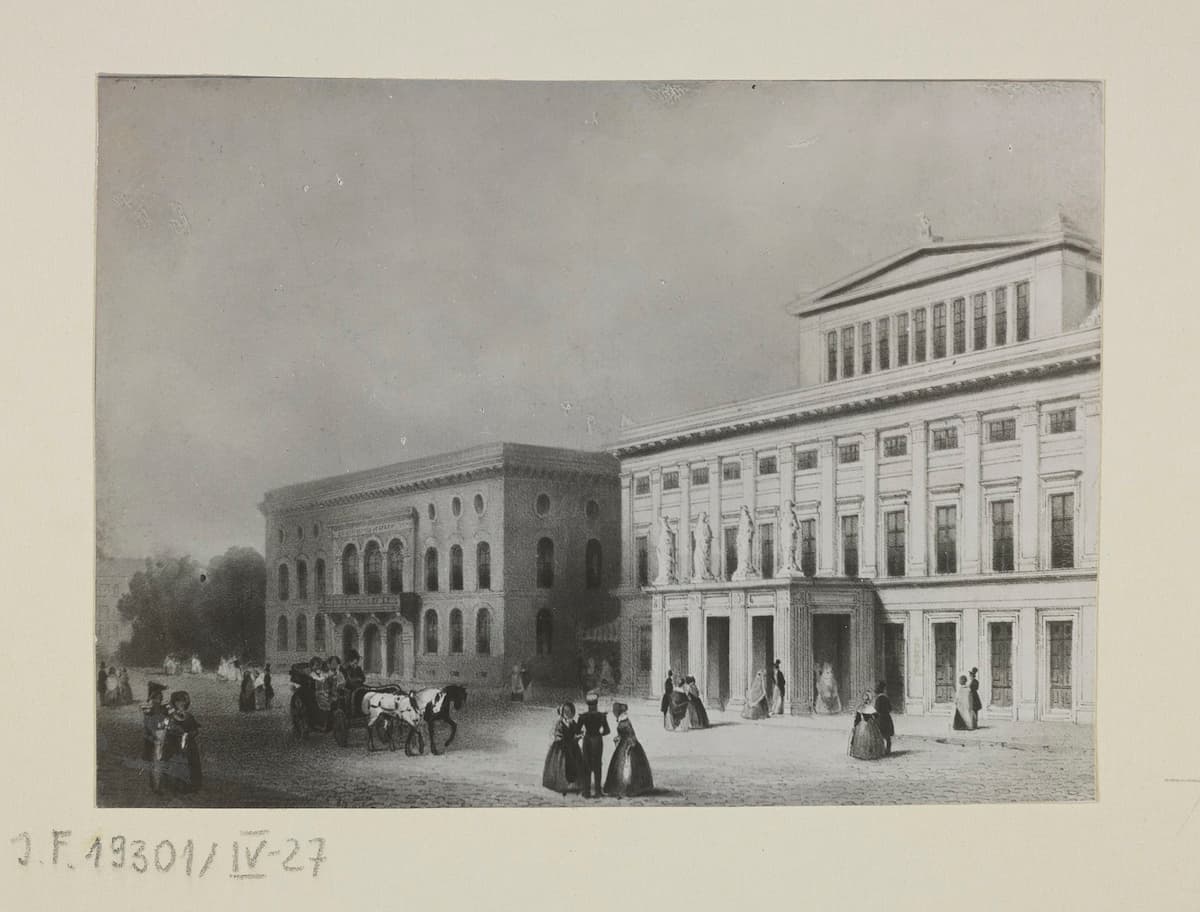
Breslau Opera, Historical image from 1910
The orchestra and singers, however, were not enamoured with the new Kapellmeister. Weber insisted on novel small group rehearsals, and the singers felt that he was paying too much attention to the orchestra and not to them. Meanwhile, the audience couldn’t get to terms with the new seating arrangements for the orchestra. Weber was trying for a great homogeneity of sound, but the players complained that they could no longer hear themselves.
Things got even worse when Weber insisted on dismissing artist who “had outlived their talent or never possessed enough of it” and by dropping poor operas that played well at the box office. He did prepare new works like La Clemenza di Tito and Don Giovanni, as well as Salieri’s Axur and Paisiello’s Schöne Müllerin. However, the expense was enormous, and the directors quickly vetoed all extra expenditures. Weber later confessed that he “was too young and only knew vaguely what he wanted or what he had to do.”
Carl Maria von Weber: “Jubel-Overture in E major” (Philharmonia Orchestra; Neeme Järvi, cond.)
Rübezahl
One of Weber’s greatest supporters was the Breslau dramatist Johann Gottlieb Rhode. He was a journalist and, by all accounts, a bad poet who had published a libretto of an old Silesian folk tale called Rübezahl. It’s the tale of a folkloric mountain spirit of the Giant Mountains who abducted a princess who liked turnips. The princess gets very lonely in the mountains and Rübezahl’s magic turns her beloved turnips into acquaintances and friends.
However, the turnips wilted, and one day, the princess asked him to count the turnips in the field, escaping while he counted distractedly. In the event, Weber was tasked to write the music, but over a period of seven months, he only wrote three numbers. Weber knew that nothing would come of the project, so he used portions of his “Rübezahl” music in the Jubel overture, the cantata L’Accoglienza, and in the opera Oberon.
Carl Maria von Weber: Oberon, “Overture” (Roman Kurtz, narrator; Giessen State Theatre Philharmonic Orchestra; Michael Hofstetter, cond.)
Romanza
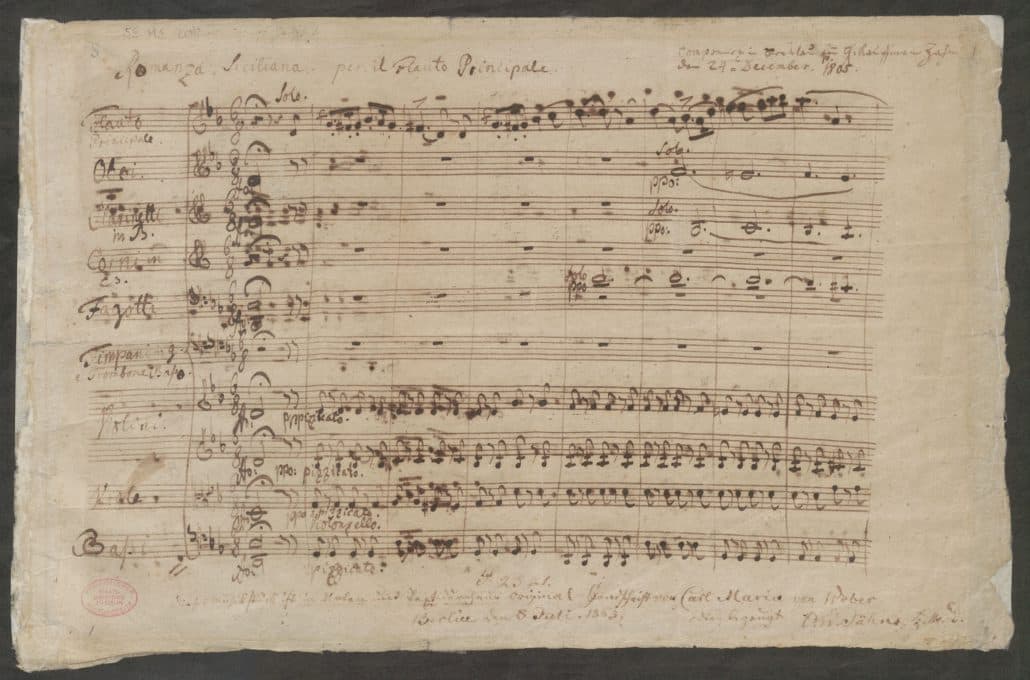
Weber’s Romanza Siciliana for Flute and Orchestra music score
Weber’s ambitious and dedicated work as director of the orchestra was acknowledged, but a hectic daily routine did not leave sufficient time for his own creative work. Weber did not seek to extend his two-year appointment, but he did compose a delightful “Romanza Siciliana” with orchestral accompaniment for Christmas 1805. We know very little about this little gem except that it was specially written for the merchant and amateur flutist C. J. Zahn.
Zahn loved flute music, and to that end, he founded a quartet club in 1803 that held private concerts in his house. We don’t know if Weber was commissioned or simply inspired to compose the piece. The soloist at the premiere, which is assumed to have taken place around the turn of the year 1805/06, was probably the Breslau flautist Adam, an honorary member of the quartet club.
A reviewer at the time described the work as a “beautifully perceived, simple romance melody, which the flute mostly plays quite unadorned, like a soft shepherd’s song; only a few moderate bravura sounds can be heard.” It was not considered a masterpiece but a work with meaningful harmonies and brevity that had “its place in the salon and not in the concert hall.”
For more of the best in classical music, sign up for our E-Newsletter

